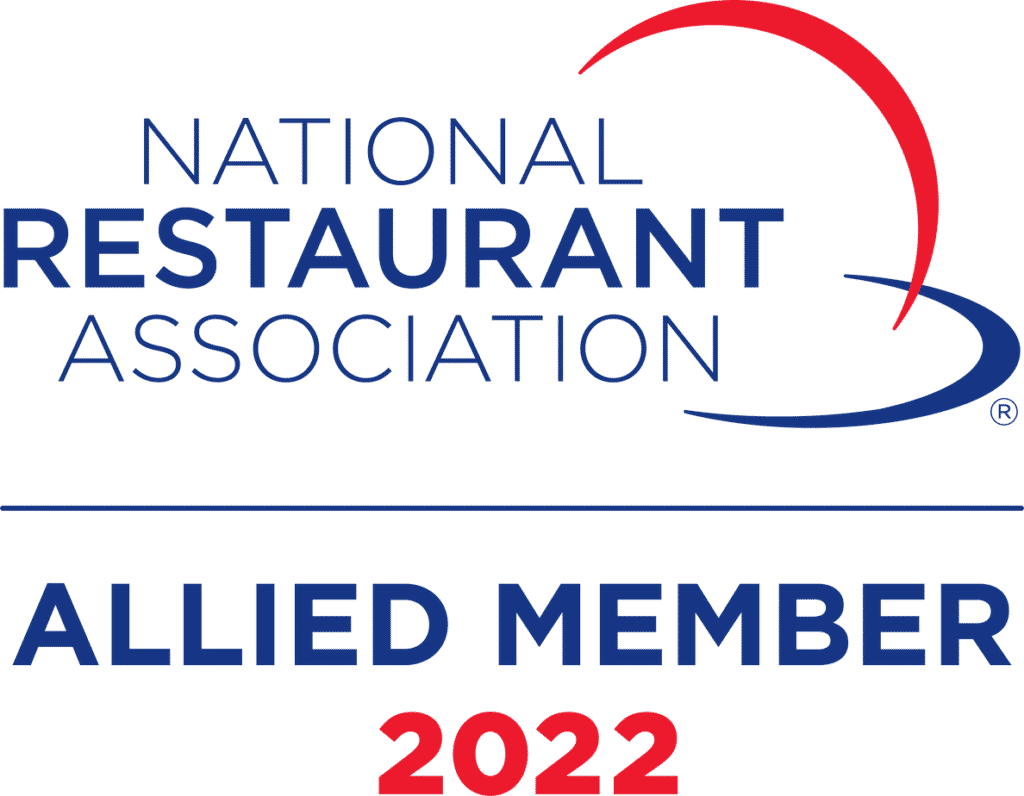Strategies for Success & Resilience
Succeeding in any pursuit in life necessitates the mastery of essential skills. Prior to undertaking activities such as mountain climbing or running a marathon, it is crucial to acquire specific knowledge. Likewise, achieving excellence and prosperity in a career within the hospitality industry demands a set of key competencies.
Possessing a foundation of fundamental knowledge and specific skillsets can facilitate the path to success. Similar to climbing a mountain, acquiring pertinent information beforehand can assist in navigating around pitfalls, setbacks, and challenges.
Opening the Roadmap
The hospitality industry consists of a diverse range of sectors, divisions, and establishments, such as hotels, casinos, restaurants, golf resorts, ski resorts, and travel agencies, among others. Securing employment in any of these fields necessitates a fundamental understanding of interpersonal skills. Essential attributes include meticulous attention to detail, a compassionate demeanor, and a commitment to operating with integrity.
Regrettably, there is a prevailing misconception that the typical employee in the hospitality industry is a high school student merely utilizing their job as a temporary measure. This stereotype is particularly associated with individuals working in restaurants. However, this depiction is inaccurate. Research from Zippia reveals that the average age of employed hospitality professionals is 46 years old. These individuals are often responsible for supporting a household, are homeowners, and consider themselves dedicated professionals in their field.
They have discovered the key strategies for achieving success in the hospitality industry. These individuals are progressing towards higher management or executive positions and/or are earning a commendable income. Their success was made possible by adhering to fundamental principles essential for not only surviving but also thriving in this competitive industry.
Principles for Success
The following list outlines 10 fundamental principles that individuals contemplating a career in the hospitality industry can utilize. These principles are equally applicable to professionals already established in the field. While not necessary to follow in a specific order, all principles should be acknowledged and integrated. It is advisable to prioritize areas of improvement, while leveraging existing strengths. By incorporating each principle, individuals can enhance their performance and progress within the hospitality industry.
Principle One: Bust Myths
There are numerous myths surrounding the expansive industry in question. By dispelling these misconceptions, one can streamline their career path towards success. Common myths include::
- Myth: The misconception that the hospitality industry offers low pay is inaccurate. Reports indicate that the median salary in this sector can vary between $35,000 and $58,000, with some managers earning robust salaries between $131,000 and $160,000, contingent upon their geographical location within the United States. Interestingly, due to the impacts of the Covid-19 pandemic and the current trend of the Great Resignation, numerous hospitality establishments are now offering increased compensation packages, with certain entities even providing sign-on bonuses to attract top talent.
- Myth: There are ample opportunities for career advancement within the hospitality industry, as many businesses actively support professional development and growth. Managers value employees who show initiative in expanding their skills and knowledge. Various businesses within the industry also provide resources such as educational reimbursement and access to both online and traditional in-house courses.
- Myth: “I am not a people person” It is incorrect to assume that being an introvert or shy precludes effective communication. Every individual possesses the ability to enhance their communication skills and should not allow current barriers to hinder their potential for success.
- Myth: Hospitality establishments often demand extended and unconventional operating hours. This is no longer the case in many instances. Today, numerous hospitality businesses provide flexible work schedules to cater to familial, educational, and other personal commitments.
There are several other misconceptions prevalent in the restaurant industry. However, it is important to discard these common myths in order to succeed and prosper in this field.
Principle Two: Take Ownership
The second guiding principle is cultivating a mindset of complete ownership. This entails being accountable for any challenges encountered, whether they are within one’s control or not. Taking responsibility for workplace mishaps, managing customer dissatisfaction, handling unexpected obstacles such as traffic delays or domestic discord – embracing full ownership in all circumstances is key. By embracing this ethos, individuals are able to transcend obstacles, navigate setbacks, and proactively devise solutions. Displaying this level of ownership not only fosters a problem-solving mindset, but also positions individuals as valuable contributors with a forward-moving trajectory within the organization.
Principle Three: Learn to Focus
Not only mere concentration, but an intense, laser-focused mindset is required in the fast-paced environment of hospitality businesses. By maintaining unwavering focus on the present tasks, individuals can effectively navigate through stressful situations, and drive themselves towards uncovering innovative and streamlined approaches to task completion.
Principle Four: Become a Great Communicator
Being a skilled communicator is essential for success in the hospitality industry. It is a lifelong pursuit that can greatly enhance your professional capabilities. Observing successful individuals in any field will reveal that excellent communication skills are a hallmark of their achievement.
Principle Five: Learn to Show Empathy
It is important to demonstrate genuine empathy in all interactions within a professional setting. Individuals have the ability to recognize insincere gestures of empathy and can differentiate between authentic and superficial expressions. To cultivate positive relationships and maintain a harmonious work environment, it is essential to extend sincere empathy towards colleagues, managers, customers, and vendors alike.
It is often said that empathy involves putting oneself in someone else’s shoes, which is a valuable practice. However, to truly demonstrate empathy, it is essential to delve deeper. For instance, when encountering someone who is visibly upset, consider the metaphorical notion of tasting salt. This serves as a reminder to attentively tune into their emotions and connect with their experience. By prioritizing attentiveness (as outlined in Principle Three), one can authentically empathize with others. The skill of genuine empathy has the remarkable ability to diffuse conflicts that might otherwise escalate into troubling situations.
Principle Six: Be Open to Feedback
When receiving feedback from others, whether it is intended to be constructive or not, take a moment to reflect on the message being conveyed. Explore the underlying significance of the criticism and evaluate if there are actionable steps that can transform it into valuable feedback. Strive to embrace a mindset of continuous improvement by learning from missteps. View mistakes as opportunities to progress and evolve, recognizing that each error is a step forward in the journey of self-improvement.
Principle Seven: Take Initiative
All business operators value individuals who demonstrate self-initiative, a particularly desirable quality in the hospitality industry. This trait enables employees to proactively address challenges and foresee potential issues, rather than simply reacting to them. By adopting this proactive approach, individuals are better equipped to not only mitigate current challenges but also prevent their recurrence in the future.
It is important to proactively address any issues or areas needing improvement without waiting for direction from others. By taking initiative to resolve problem situations within the business, you can enhance the level of service provided and contribute positively to your professional development. Success often favors individuals who demonstrate a willingness to take proactive actions without hesitation.
Principle Eight: Stay Calm
It is important to maintain a sense of composure and restraint when approaching projects or problem-solving initiatives. While enthusiasm is encouraged, it is equally important to cultivate a level of tranquility akin to a zen-like state when faced with challenging situations. This composed mindset enables more effective decision-making, as clarity and rationality prevail in moments of calm. Furthermore, the tranquil demeanor you exude has a positive influence, fostering a more peaceful and harmonious atmosphere among those around you.
Principle Nine: Embrace Technology
Certainly, individuals who demonstrate proficiency in navigating mobile devices and efficiently utilizing computer systems are commendable. However, it is vital to transcend mere technological adeptness. Anticipate and adapt to emerging trends. Technology plays a pivotal role in enhancing operational efficiency and elevating customer service standards across all spheres of the hospitality sector. Dedicate time to acquire comprehensive understanding of how technology can drive organizational success and endeavor to cultivate mastery in its application. Stay abreast of upcoming innovations and proactively share insights with senior management. Your proactive approach and breadth of knowledge will undoubtedly leave a favorable impression on your superiors.
Principle Ten: Paint Your Canvas
This concept involves a sense of responsibility and autonomy, tempered with a degree of creative expression. Consider your role within the organization as a canvas upon which an artist creates a masterpiece. It is your canvas, offering you the freedom to shape it as you see fit, within the parameters defined by your employer and job description.
However, in addition to that, it serves as your canvas, over which you have complete control. Regard your responsibilities as an artistic endeavor where you can craft your magnum opus. Each day you engage in your work, exhibiting artistry in your manner of execution. This includes the way you interact with colleagues and manage challenges that may emerge.
Adopting, Applying, and Embracing Principles
Prior to embarking on a mountain climbing expedition, proper preparation is essential to enhance the overall experience. The same level of readiness and dedication is required in a hospitality career for a fulfilling journey. Adhering to a set of fundamental principles can significantly contribute to career advancement and overall job satisfaction. By diligently following these guidelines, individuals can not only navigate the challenges inherent in the hospitality industry, but also flourish and achieve success in their endeavors.





